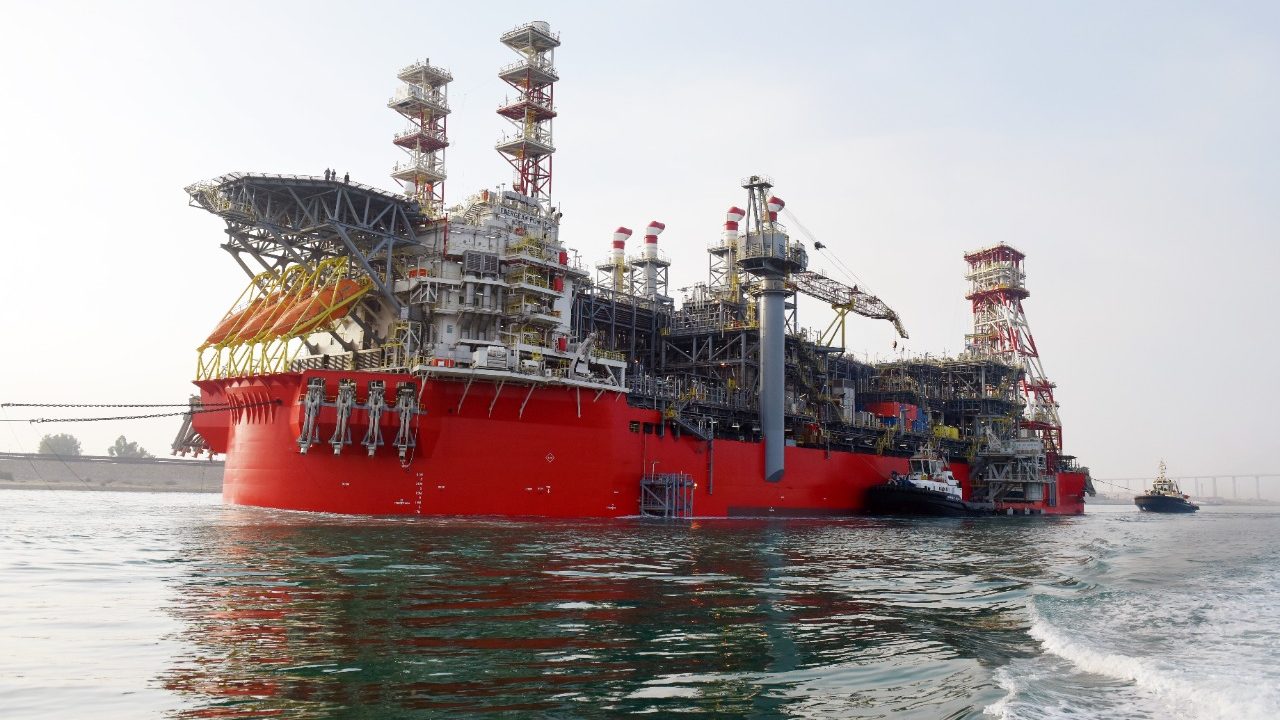On the Maritime Border Demarcation Agreement Between Lebanon and Israel
Al-Sharq Al-Awsat, London, October 15
It is not possible in any way to underestimate the importance of the maritime border demarcation agreement that was achieved between Lebanon and the Israeli occupation after a long period of negotiations that reached its climax in recent days. The crisis between the two sides escalated at a more rapid pace ever since last year, especially given the Russia-Ukraine war and its impact on global energy markets. On the Israeli side, division has flared up in the past few weeks against the backdrop of the upcoming parliamentary elections. On the Lebanese side, the unified stance was remarkable, especially in terms of the complete and full alignment between the Lebanese government and Hizbullah. No sane person can expect the Lebanese government to proceed with this historic agreement without the “approval” of Hizbullah, whose control over Lebanon’s political sphere has become almost absolute, for many reasons. The main one, of course, is that it possesses a huge military arsenal. It can be said that, were it not for freedom of opinion and expression, which is still available to such a large extent in Lebanon, there would have been complete control of Hizbullah over all aspects of Lebanese political life. What is important now is that Lebanon has achieved an important breakthrough that it desperately needed, especially in light of the deterioration of its economic and social conditions, the decline in the value of its national currency, and its unprecedented levels of inflation, which leave devastating effects on the Lebanese public. Nonetheless, a few legitimate fundamental questions about the implementation agreement still remain. What if, at this very moment, the interest of the Lebanese state does not intersect with the interest of Hizbullah? Was this agreement going to follow its course, or would it falter due to the “veto” from Hassan Nasrallah? And by extension, what if Tehran rejects this agreement or wants to use it for its own benefit, as it negotiates a new nuclear deal with the West? What political possibilities would Lebanon have if it were faced with such a scenario? There is another aspect to this agreement that is no less important for Lebanon and the Lebanese people: How will wealth accumulated from future gas extraction be distributed to the public? The gas that will be made available to Lebanon is estimated at billions of dollars, and here emerges the inevitability of establishing a national oil company similar to other oil-producing countries. How will the private and public sectors work together to prevent corruption and maximize Lebanon’s financial return on its investments? Transparency, good governance, and laws and regulations are needed. Lebanon must fight waste and corruption at all costs. The wealth of future generations of Lebanese citizens must not be wasted, otherwise Lebanon will miss a historic opportunity to get out of the crisis that has plagued it for decades. – Rami Al-Rayes (translated by Asaf Zilberfarb)
Give the gift of hope
We practice what we preach:
accurate, fearless journalism. But we can't do it alone.
- On the ground in Gaza, Syria, Israel, Egypt, Pakistan, and more
- Our program trained more than 100 journalists
- Calling out fake news and reporting real facts
- On the ground in Gaza, Syria, Israel, Egypt, Pakistan, and more
- Our program trained more than 100 journalists
- Calling out fake news and reporting real facts
Join us.
Support The Media Line. Save democracy.



